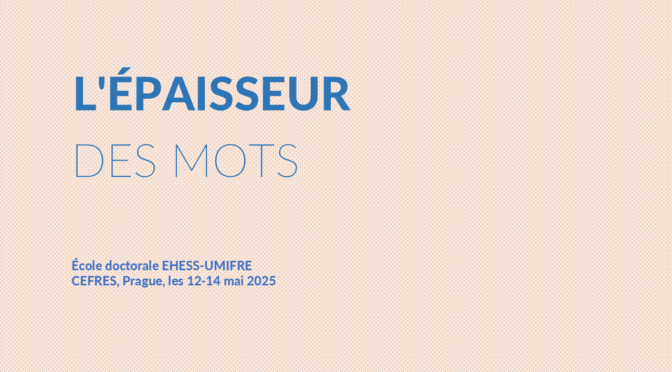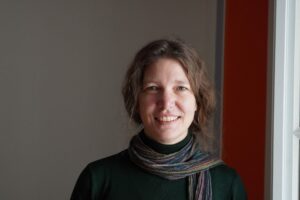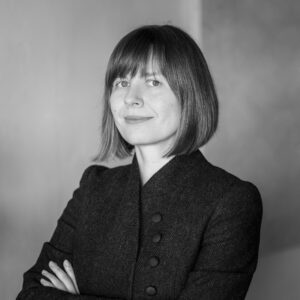AAC : Épaisseur des mots. Atelier doctoral EHESS-UMIFRE
Cette école doctorale consistera en quatre ateliers de 2-3h sur deux jours, dédiés à chaque fois à un dialogue et des lectures communes ; aucune présentation individuelle ne sera demandée aux participant(e)s.
Date limite d’envoi des lettres de motivation : 16 mars 2025
Date : 12-14 mai 2025
Lieu : CEFRES, Prague
Langue : français, anglais
Organisateurs : EHESS, CEFRES (Prague), CRFJ (Jérusalem), IFA SHS (Francfort/Main)
Coordination : Falk Bretschneider (EHESS / IFRA-SHS) & Mateusz Chmurski (Sorbonne Université / CEFRES)
Lisez le programme complet ici.
Argumentaire : Comment nomme-t-on l’événement ? Si cette question se pose partout et toujours, elle n’est jamais plus sensible, plus divisive, et donc plus nécessaire à résoudre qu’en temps de crise. L’invasion russe de l’Ukraine suivie de la crise au Proche-Orient depuis le 7 octobre 2023 avec leur flot d’événements quotidiens, aux répercussions mondiales, posent cette question avec une acuité douloureuse et cruelle. Comment nomme-t-on ce qui arrive ? Pogrom. Résistance. Colonisation. Terrorisme. Génocide. Ségrégation. Apartheid. Crime de guerre. Comment choisit-on les mots ou, sinon, qui les choisit pour nous ? Sont-ils assez exacts pour rendre aux faits leur dignité, en même temps qu’assez imprécis pour ne pas réduire la pensée au diagnostic de la singularité ? Mais alors quelle arrière-pensée, quel anathème se dissimule dans l’imprécision ? A quels répertoires (juridique, législatif, expert, académique) appartiennent ces mots ? Qu’autorisent-ils et que taisent-ils ? Comment mobilisent-ils le raisonnement, l’emportement, le jugement moral, les prises de position éthiques et politiques ? Dans quels contextes historiques ont-ils été créés ou chargés de sens, et que coûte d’affranchir les mots de ces contextes ? Car oui, il en coûte de travailler à interroger, préciser, corriger les mots dont nous voulons faire des catégories d’analyse du monde tel qu’il est.
Candidatures : Les dossiers de candidature contenant une lettre de motivation (1 p. maximum) & un CV (2 p. maximum) sont à transmettre à Falk Bretschneider (falk.bretschneider@ehess.fr) et Mateusz Chmurski (mateusz.chmurski@cefres.cz) avant le 16 mars 2025.
Financement :
- les frais de mission des doctorant(e)s de l’EHESS et de l’IFRA-SHS seront pris en charge par l’EURETES
- les frais de mission des doctorant(e)s affiliés ou sélectionnés par le CRFJ seront pris en charge par le CRFJ / IFRA-SHS
- les frais de bouche (pauses café, déjeuner, dîner) seront offerts par l’IFRA-SHS et le CEFRES.



